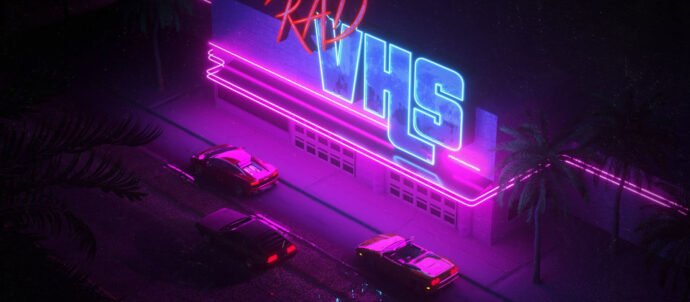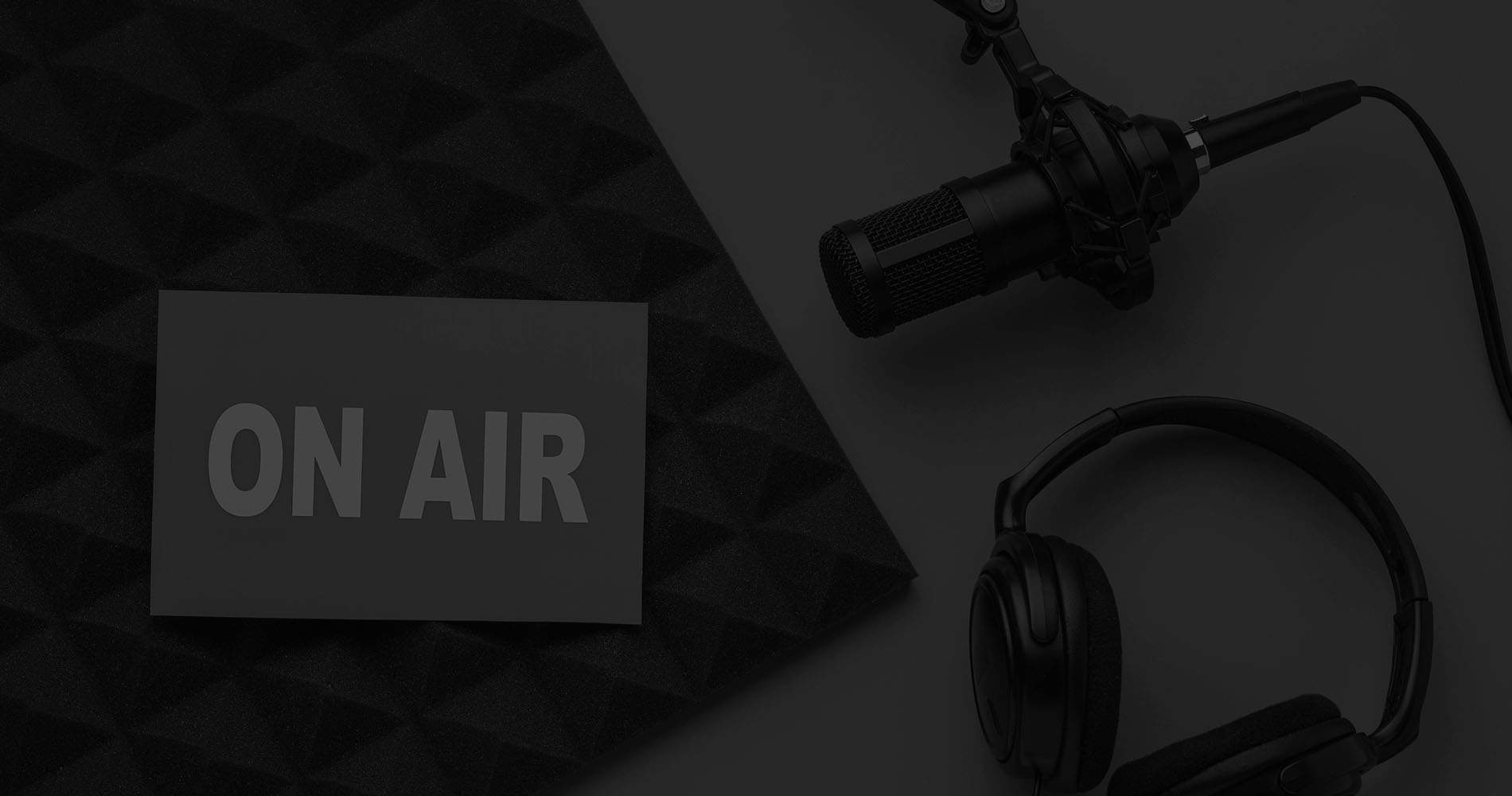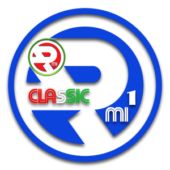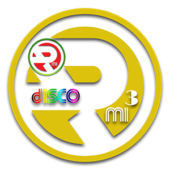## Key Characteristics of 80s Music
The music of the 1980s is characterized by several distinctive features:
– **Diverse Genres**: The decade saw the proliferation of various musical styles including pop, rock, new wave, hip hop, heavy metal, and electronic music. This diversity allowed artists to experiment and blend genres like never before.
– **Synthesizers and Technology**: The introduction of synthesizers revolutionized the sound of music in the 80s. Artists like Depeche Mode and Kraftwerk embraced electronic instruments, leading to a new wave sound that would define much of the decade’s pop music.
– **Visual Aesthetics**: The rise of MTV in 1981 changed how music was consumed. Music videos became an essential medium for promotion, giving rise to artists who were as visually compelling as they were musically talented. Iconic figures like Madonna and Michael Jackson understood the power of image, producing unforgettable videos that complemented their songs.
## Influential Genres
### 1. Pop
Pop music dominated the charts throughout the 80s, with artists like Michael Jackson and Madonna leading the way. Jackson’s “Thriller” remains one of the best-selling albums of all time, showcasing his innovative dance moves and vocal prowess. Madonna pushed boundaries with her provocative style and catchy hits such as “Like a Virgin” and “Material Girl,” solidifying her status as the Queen of Pop.
### 2. Rock
Rock music also thrived in the 80s, with bands like U2, Bon Jovi, and Guns N’ Roses achieving massive success. U2’s “The Joshua Tree” explored themes of social justice and spirituality while delivering anthemic tracks like “With or Without You.” Meanwhile, Guns N’ Roses’ debut album “Appetite for Destruction” introduced a raw edge to rock with its gritty sound.
### 3. Hip Hop
Hip hop emerged from the underground scene to mainstream prominence during this decade. Artists such as Run-D.M.C., LL Cool J, and Public Enemy brought rap to a wider audience while addressing social issues through their lyrics. Run-D.M.C.’s collaboration with Aerosmith on “Walk This Way” was pivotal in bridging rock and hip hop cultures.
### 4. New Wave
New wave music captured the spirit of innovation with bands like Duran Duran, Talking Heads, and The B-52’s leading the charge. With its catchy melodies and eclectic influences, new wave offered a fresh alternative to traditional rock sounds. Duran Duran’s “Rio” featured infectious hooks that defined a generation’s dance floors.
## Legacy of 80s Music
The impact of 80s music can still be felt today across various media:
– **Revival in Popular Culture**: Many contemporary artists draw inspiration from the sounds and styles of the 80s. Shows like “Stranger Things” have revived interest in the era’s aesthetic, bringing classic hits back into popular consciousness.
– **Influence on Modern Genres**: Elements from 80s music can be found in today’s pop, rock, and electronic tracks. The use of synths has made a comeback in genres such as synthwave and electropop.
– **Enduring Iconography**: Fashion trends from the 80s—such as shoulder pads, neon colors, and leg warmers—continue to influence designers today. The visual styles associated with musicians from this era remain iconic.
## Conclusion
The music of the 1980s represents a vibrant tapestry woven from diverse sounds, groundbreaking technology, and unforgettable personalities. From pop sensations to pioneering hip hop artists, this decade not only redefined musical norms but also laid the foundation for future generations of musicians. As we continue to celebrate these timeless classics, it’s clear that the legacy of 80s music will endure for years to come, reminding us of a time when innovation reigned supreme in popular culture.
By AIFreeBox.com











 Italo Disco New Generation
Italo Disco New Generation  Euro Disco
Euro Disco